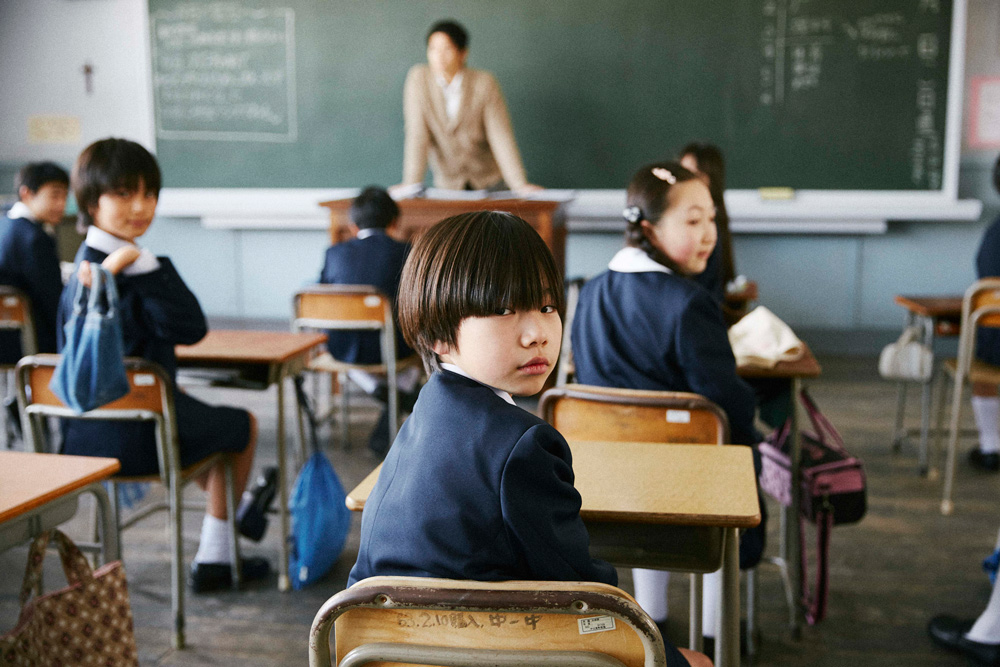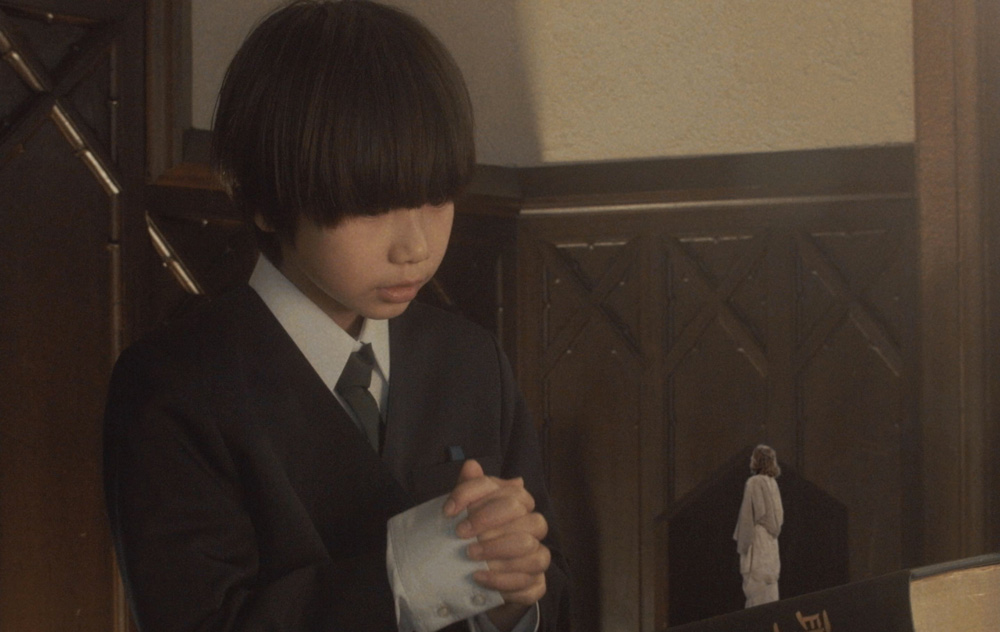![I want to turn children's imagination into images. Director Daishi Okuyama “I Hate Jesus” [Director’s Interview Vol.51]](https://cinemore.jp/images/47ec46efa595273f786d238f4fab35180f41fce8bdca2126cc149ca9765c7395.jpg)
I want to turn children's imagination into images. Director Daishi Okuyama “I Hate Jesus” [Director’s Interview Vol.51]
I want to directly reflect children's imaginations on film.
Q: Director Okuyama also wrote the script, but why did you decide to make a film based on your childhood experiences?
Okuyama: When writing an original movie script, I think there are usually two patterns: writing from your own memory, or writing from observation. However, I thought that if I wrote from my memory, I would just be showing off my own experiences, and many people would not empathize with it. So I had a basic premise in my mind that it's not a good idea to write from my own memory.
Still, I decided to turn my memories into a film because I thought that if I could base it on my experiences but also incorporate a clear theme, it would be something that many people could sympathize with.
Q: Is this story actually from when you were in elementary school?
Okuyama: Yes. It is based on the experiences of the main character, Yuura-kun, when he was in fifth grade.

Q: Why did you choose Jesus as one of your themes, a religious element?
Okuyama: When I was a child, I worshipped at school every day, so I naturally believed in God. But now that I think about it, I can't tell the difference between Jesus who was born at Christmas, the Buddha in the temple, and the God in the shrine. I think they're all the same God. I thought it was interesting that such an absolute being exists for a child.
I could have titled it "I Hate God" and made it a story about all gods, but I wanted to express the strangeness of religion, including the sense of not being able to make the distinction I mentioned earlier, so I decided to depict Jesus.
Also, this is a different story, but I like movies that directly reflect children's imaginations, and although there are endless examples, I wanted to try a live-action version of the technique that is common in Disney and Ghibli. Recently, " Jojo Rabbit " (2019) seems to have a similar feel.
Q: That's true! That's true for "Jojo Rabbit."
Okuyama: I'm really looking forward to it. I basically like that kind of work, so I wanted to have a charming character in the story, and so I decided to cast Chad Marlene as Jesus.

Q: In this film, the story starts off with a very realistic tone, but then Jesus suddenly appears and some fantasy elements come in. I thought they still coexisted seamlessly, but was there anything you paid particular attention to in the portrayal of Jesus?
OKUYAMA: I wanted to make it clear that he is not depicted as the real Jesus, but merely as a figment of the protagonist, Yuuri's imagination. I tried various ways to achieve this. If I made Jesus' size actual size and made him bigger than Yuuri, it could be misleading to think that he is the real Jesus, and I thought that making him a bit more comical rather than standing solemnly would make him look more like a child's imagination, so I created him while thinking about such things.

